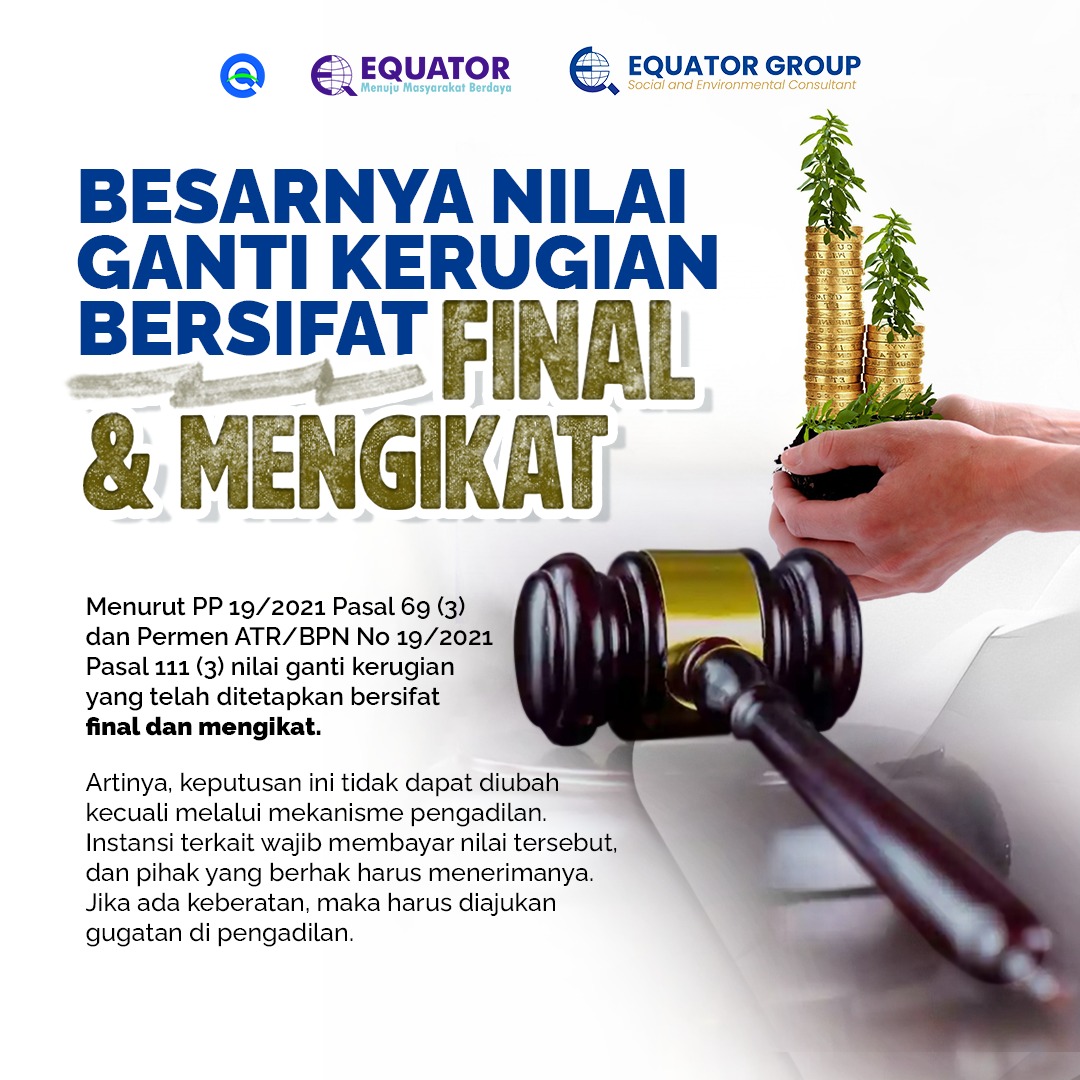



The Importance of Understanding and Addressing Legacy Issues in Land Acquisition

The Importance of Understanding and Addressing Legacy Issues in Land Acquisition
In the context of land acquisition, legacy issues are often a complex and protracted challenge. Legacy issues refer to problems arising from past land acquisition or use processes that continue to have an impact today. Dealing with these issues effectively is critical for land acquisition professionals to ensure a fair, efficient and compliant process.
One of the most common examples of legacy issues is land title disputes. These disputes often arise from unresolved ownership claims from the past. Resolving such disputes requires clear evidence and documentation of the history of land ownership. This process can be time-consuming, but it is essential to ensure that the rights of all parties are recognized and respected.
In addition, land use that is not in accordance with the spatial plan or its original designation is also a significant legacy issue. Land used for incompatible purposes can cause conflicts with zoning regulations and impede development. Therefore, adjustments and monitoring of land use must be done carefully to avoid problems in the future.
Unsettled compensation is another issue that frequently arises. Unsettled compensation payments to landowners or communities affected by past land acquisition can lead to dissatisfaction and lawsuits. Resolving compensation payments in a fair and transparent manner is an important step to ensure trust and support from communities.
Environmental impacts from past land use, such as pollution or land degradation, are also legacy issues that require special attention. Adequate environmental restoration must be carried out to support the sustainability of ecosystems and the welfare of surrounding communities. Without proper restoration, these environmental issues may continue to worsen and cause wider negative impacts.
Regulatory compliance is equally important. Old regulations or policies that may no longer be relevant or conflict with new regulations still affect the land acquisition process. Therefore, adjustments to applicable policies and regulations must be made to ensure proper compliance.
Why is it important to recognize and address these legacy issues? First, knowing and addressing legacy issues can help minimize legal risks and prevent potential lawsuits that could halt projects. Second, proper handling of legacy issues can increase stakeholder confidence, including communities, investors and governments. Third, identifying and resolving legacy issues early in the land acquisition process can save time and money. Finally, addressing environmental issues from the past helps support ecosystem sustainability and the well-being of surrounding communities.
Addressing legacy issues requires a comprehensive approach. First, it is necessary to review the history of land acquisition to identify potential unresolved issues. Second, dispute resolution can be done through mediation or arbitration to resolve land ownership disputes in a fair and transparent manner. Third, fair compensation payments to landowners or affected communities must be ensured in accordance with applicable regulations. Fourth, necessary environmental restoration to address the negative impacts of past land use should be carried out. Finally, old policies and regulations must be reviewed and adjusted to match the new conditions and regulations.
Understanding and addressing legacy issues in land acquisition is an important step to ensure project success and environmental and social sustainability. Land acquisition professionals must be proactive in identifying and resolving these issues to support efficient and fair procurement processes. By doing so, we can ensure that land acquisition is conducted in a responsible and sustainable manner, providing long-term benefits to society and the environment.






